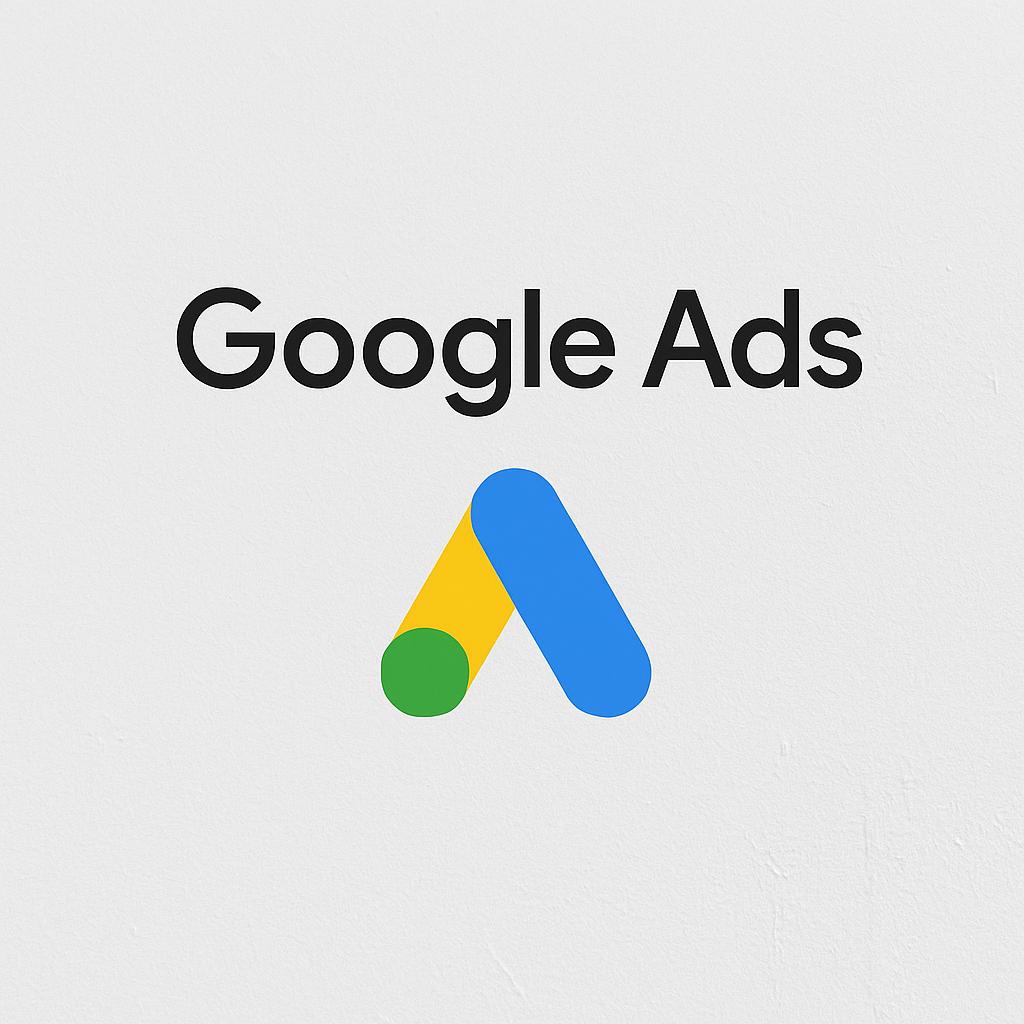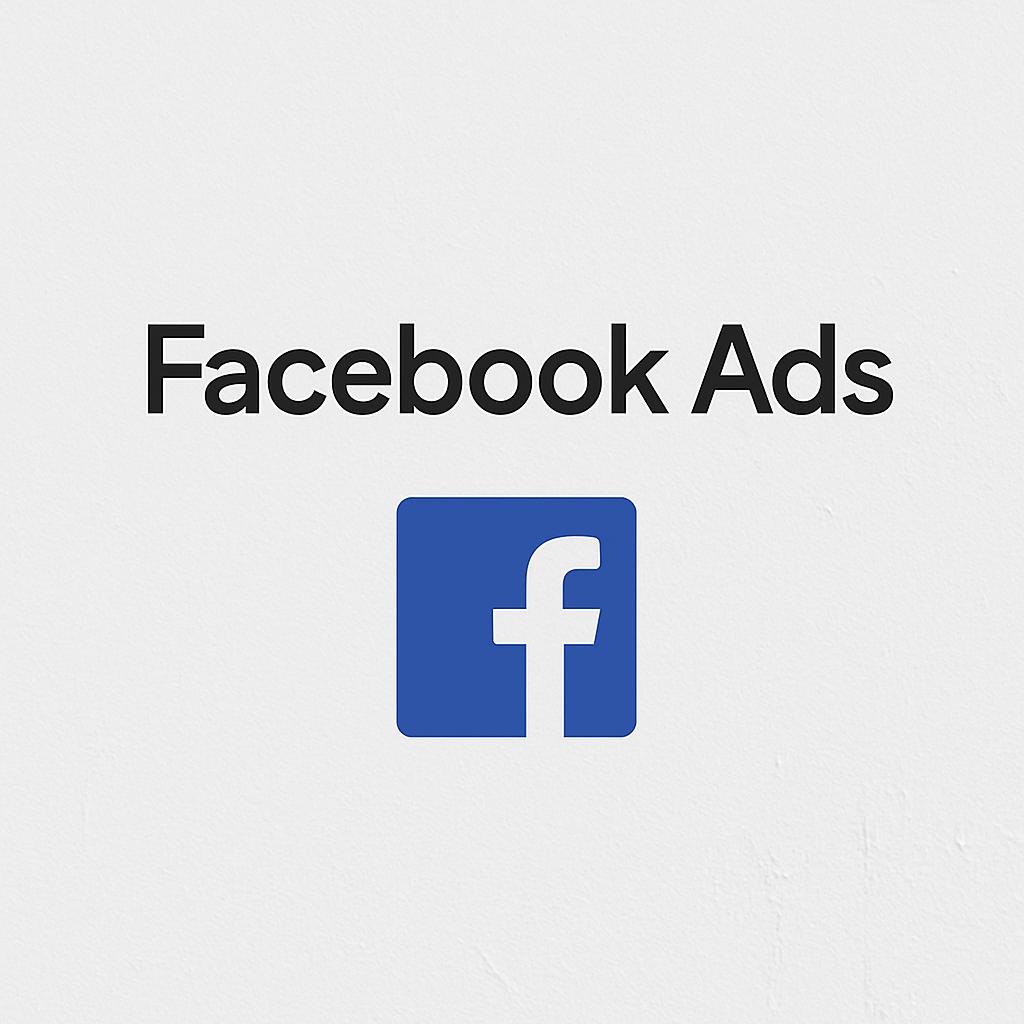
In the dynamic world of digital marketing, businesses often find themselves choosing between two advertising giants: Google Ads vs Facebook Ads. Both platforms are powerful tools for driving traffic, generating leads, and boosting sales—but they operate differently, and knowing which one suits your business best can make or break your marketing ROI.
In this comprehensive blog, we’ll break down the strengths, differences, and ideal use cases of each platform, helping you make an informed decision.
What Are Google Ads?
Google Ads (formerly Google AdWords) is a pay-per-click (PPC) advertising platform that allows businesses to show ads on Google’s search results pages, YouTube, Google Maps, and partner websites. It primarily targets users with high purchase intent through keyword targeting.
Key Features of Google Ads:
- Search Network Ads: Appear on Google’s search engine when users type in specific keywords.
- Display Network Ads: Visual banners shown across millions of partner websites.
- YouTube Ads: Video-based ads targeting viewers on YouTube.
- Shopping Ads: Perfect for eCommerce, showing product images, pricing, and store details.
What Are Facebook Ads?

Facebook Ads, part of Meta’s advertising platform, allow businesses to run campaigns across Facebook, Instagram, Messenger, and the Audience Network. Facebook Ads focus heavily on audience interests, behavior, and demographics, making it ideal for brand awareness and discovery.
Key Features of Facebook Ads:
- Highly Granular Targeting: Based on interests, behaviors, life events, and demographics.
- Creative Flexibility: Use carousels, videos, images, lead forms, and stories.
- Instagram Integration: Seamlessly run ads on Instagram from the same dashboard.
- Lookalike Audiences: Reach people similar to your existing customers.
Google Ads vs Facebook Ads: Head-to-Head Comparison
| Feature | Google Ads | Facebook Ads |
|---|---|---|
| User Intent | High (users actively searching) | Low to medium (users scrolling feeds) |
| Targeting | Keywords, location, device, demographics | Interests, behaviors, demographics, custom & lookalike audiences |
| Ad Placement | Google SERP, YouTube, websites | Facebook, Instagram, Messenger, Audience Network |
| Cost | Higher CPC, but better for high-intent leads | Lower CPC, better for brand awareness |
| Best For | Search-driven conversions | Visual storytelling, audience discovery |
| Ad Types | Text, display, shopping, video | Video, image, carousel, story, lead gen |
When to Use Google Ads
Google Ads is your go-to if:
- You offer products or services with high search demand.
- You need quick, measurable ROI.
- You sell something users are actively looking for (e.g., plumbing services, online courses, gadgets).
- You want to appear at the top of Google search results instantly.
Ideal Businesses for Google Ads:
- Local service providers
- eCommerce stores
- SaaS companies
- B2B lead generation
When to Use Facebook Ads
Facebook Ads work best when:
- Your goal is brand awareness or audience building.
- Your product requires visual storytelling (e.g., fashion, beauty, lifestyle).
- You want to retarget previous website visitors or upsell to existing customers.
- You have a smaller budget but want broad reach.
Ideal Businesses for Facebook Ads:
- Fashion and apparel brands
- Fitness trainers and gyms
- Influencer-led businesses
- Educational services and coaches
Can You Use Both Platforms Together?
Absolutely. The most successful brands use a hybrid strategy. Here’s how:
- Use Facebook Ads for awareness and engagement at the top of the funnel.
- Use Google Ads to capture high-intent traffic ready to convert.
- Retarget Facebook viewers with Google Display Ads, and vice versa.
- Cross-channel analytics help refine your customer journey for higher ROI.
Google Ads vs Facebook Ads: Cost Comparison
- Google Ads: Generally has a higher cost per click (CPC), especially for competitive keywords. But it also yields higher purchase intent, making it more conversion-focused.
- Facebook Ads: Lower CPC and more impressions for your budget. However, it might take longer to see ROI, especially for cold audiences.
Pro Tip: Test small budgets on both platforms and use analytics to determine which delivers better cost-per-lead or cost-per-sale.
Final Verdict: Google Ads or Facebook Ads?
It depends on your goals:
- Choose Google Ads if you’re focused on immediate conversions and targeting people actively looking for your offer.
- Choose Facebook Ads if you’re building a brand, creating awareness, or targeting niche audiences with emotional appeal.
For the best results, don’t think of it as Google Ads vs Facebook Ads—think of them as Google Ads AND Facebook Ads. When used strategically together, they can cover every stage of your customer’s buying journey.
Conclusion
The debate between Google Ads vs Facebook Ads isn’t about which platform is better, but which is better for your business goals. Understand your audience, define your objectives, and choose the right platform—or combination—for your marketing strategy.
Looking to scale your digital campaigns? Partner with experts who understand both platforms inside out. At Gyan digital marketing institute we teach everything about Google Ads and Facebook Ads.
Contact us today to learn more about Google Ads And Facebook Ads
